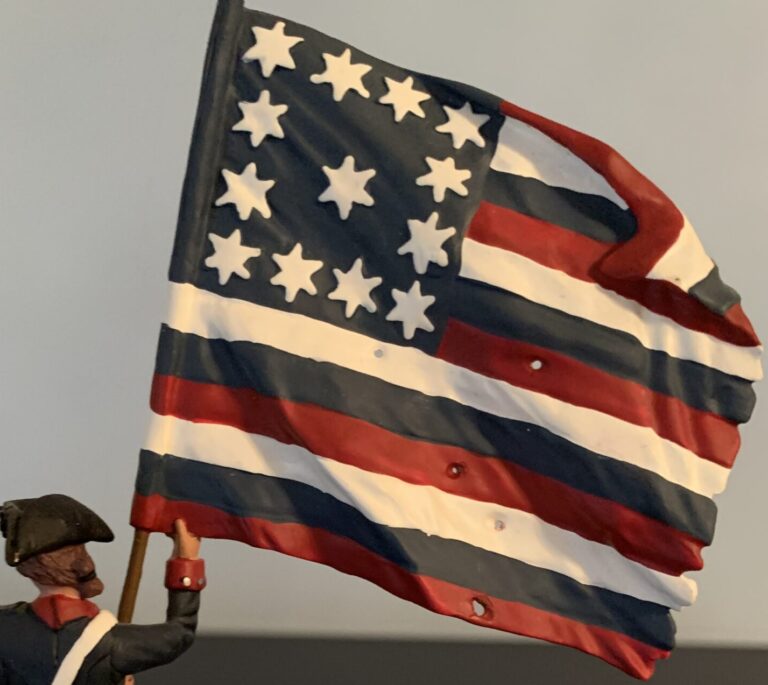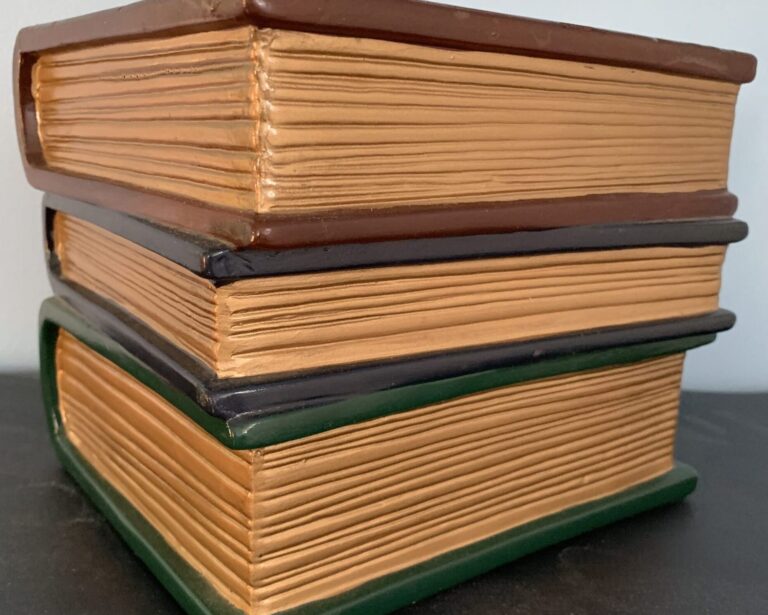Reminder: If you’re reading this in your email, you have to go to dpauthor.com and click on the Speaking of Which tab in order to view the actual blog post with the featured image.
On this much-touted (and deservedly so) 80th anniversary of the Normandy beach landings that profoundly shaped the outcome of World War II, I recall a passage from my second book, The Road to Assunpink Creek, that alludes to the exploits of the Continental Army during its legendary winter campaign of 1776-77—specifically the resistance led by Colonel Edward Hand against a much larger enemy force on January 2, 1777—and that I think speaks to the emotions attendant to this occasion:
The democratic impulse behind the efforts of Edward Hand and his men reflected a desire to be free of arbitrary governmental authority and to enjoy the prerogatives of political and economic self-determination that have since the Republic’s founding been gradually extended to more and more Americans. That motivation has been frequently and notably expressed in many ways and by many individuals since the Revolution but was perhaps never more succinctly articulated than it was by a more recent military hero who rose from the nation’s heartland, Dwight Eisenhower, when he was asked to comment on the events of D-Day—the invasion of German-occupied France on June 6, 1944 that he commanded under the code name, Operation Overlord.
During an interview on Omaha Beach for a special CBS television program marking the 20th anniversary of that engagement, the old soldier spoke against the backdrop of the English Channel, which the American, British, and Canadian troops of the Allied Expeditionary Force had traversed on that June day—the most celebrated nautical undertaking by American infantry since Christmas night 1776. From there they stormed the French beaches during the most decisive battle of the Second World War and went on to liberate western Europe from the tyranny of Nazi rule. Looking out at the history-laden waterway, America’s 34th president reflected with a compelling simplicity on the force of an aroused democracy: “It just shows what free men will do rather than be slaves.”
Obviously, no moral equivalence exists between Britain’s colonial policy towards its North American colonies in the 1770s and the atrocities that characterized Nazi governance, but we are reminded once again how the impulse to attain human freedom—however perceived by those striving for it and however relative the challenge it may face at any given time and place—spans generation after generation, and presumably always will.

